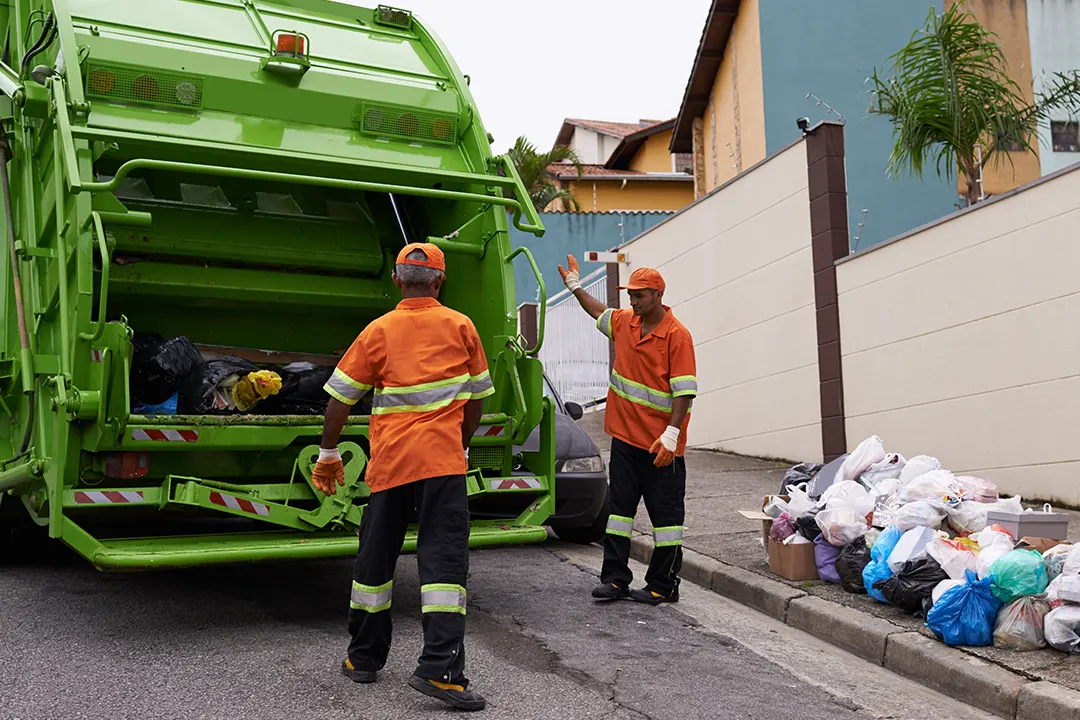Published on: July 8, 2025 at 3:59 pm
Even if it’s a dirty job, somebody has to do it. It will probably make you miserable, though, unless you see it as a means to fulfill a purpose or achieving a goal.
Academy of Management Scholar Dean Shepherd of the University of Notre Dame said that research he conducted on poor people living and working in India’s slums shed light on how to find meaning in any job.
“When you’re at work and you aren’t having such a terrible day and you think, ‘but imagine if I was picking up trash in the slums of India—how could you find meaning in that? How could you be happy?’ because they describe their work as dirty,” Shepherd said. “They’re walking through effluent and rubbish and dead animals and picking everything up and getting the trash to a landfill or recycling it.
“But even then, they had made meaning, and they did it through a couple of ways: One was to look back at their [own and their parents’ job] history and say, ‘It was my destiny that I pursue these types of things; my family has done it for a long time,’ so it had meaning, because it put them in a historical context,” he said. “They also gave themselves a pat on the back in the present, because they say, ‘Because I’m doing this, we can eat tonight, and my children can go to school tomorrow,’ and then they would also think about the future to say, ‘It might take multiple generations to escape poverty—by me doing this, my children are able to go to school; if they go to school, they might get a good job, they might marry well, and they can move out of the slum.’
“So in some ways, they’re saying they cannot change their condition because it’s history; on the other hand, they say, ‘but I can change the history of my children,’ so in some ways, it’s a contradiction that they hold in a way that makes them feel better, because they think, ‘I’m helpless; I can’t blame myself for the situation, but I also have some ability to influence the future of my children,’ which actually also gives them meaning, so they have meaning coming from from both ways of thinking about doing a dirty job.”
That’s despite the fact that dirty work is stigmatized in India, as it is in many countries.
“When you know the person who’s engaged in dirty work, often they have intersectionality, which means if you if you come from a stigmatized family or class doing stigmatized work, you’re often from other stigmatized groups,” Shepherd said. “In this case, there was dirty work.
“They came from the lower caste, and they lived in the slums, and both of those were highly stigmatized, and in most cases stigmatized work, like being a mortician or a sex worker, is often tied in with other intersectionality, things like gender, location, place of origin, those types of things,” he said.
“So finding meaning in this work has a little bit of generalizability to other forms of dirty work and other stigmatized groups.”












